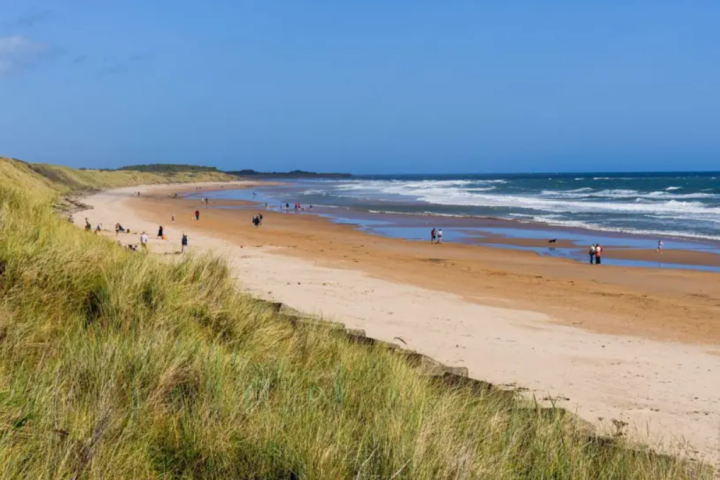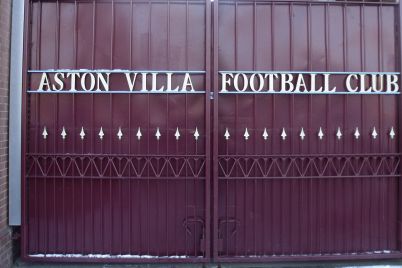Talks are under way to tackle growing problems of anti-social behaviour, illegal camping, and environmental damage at Druridge Bay.
It follows an “out-of-control” campfire in August which scorched sand dunes and destroyed wildlife habitats along the seven-mile stretch of coastline between Amble and Cresswell.
The area, known for its unspoiled scenery and birdlife, has long faced issues during summer, but this year’s damage was described as among the worst yet.
Local Labour councillor Scott Dickinson said there had been “lots of trauma to wildlife” and distress for local people.
“We have always had issues during the summer months,” he said. “But the damage that was caused this year—the long-lasting wildlife trauma that’s been caused—needs to be resolved. We will use whatever we have necessary and available to prevent the type of summer we’ve had this summer being there next summer.”
Emergency services, councillors, and the National Trust have agreed to work together on a coordinated plan. Their first meeting in September brought together landowners and agencies to map out who owns which areas of the bay.
Dickinson said a key issue had been a lack of joined-up reporting. “Each organisation was receiving complaints and reports from members of the public, and others, and nobody was collating them in the middle,” he said.
The council has already trialled barriers such as boulders and land ditches to stop vehicles accessing protected dunes. But some have been moved or filled in, allowing vehicles to return.
“What we’re looking at now,” Dickinson said, “is which of the physical measures worked, which didn’t, and how we can tailor them moving forward.”
Conservative councillor Gordon Stewart, the cabinet member for public safety, has called the damage “unacceptable” and said enforcement action will follow.
Northumbria Police said it was working with partners to address the problems.
A spokesperson said: “We continue to work with multi-agency partners to address concerns around anti-social behaviour in Druridge Bay and the surrounding area. Regular meetings will follow in which we review information and further develop strategies to appropriately deal with anti-social behaviour, keeping Druridge Bay the welcoming place it is in which to live, work and visit.”
Druridge Bay is one of Northumberland’s best-known beaches. Its seven miles of sand include areas owned by the National Trust and protected as nature reserves, supporting species such as the golden plover and purple sandpiper.
During World War II, the bay was fortified with anti-tank blocks, minefields and pillboxes to guard against invasion. In later decades it became a focus for environmental campaigns, including protests against plans for a nuclear power station in the 1980s and an open-cast coal mine in the 2010s—both of which were stopped.
Today, it remains a popular spot for walkers, birdwatchers and swimmers. It also hosts the annual North East Skinny Dip, a charity naturist event for Mind, the mental health charity.
Councillor Dickinson said the aim was to protect both the community and the wildlife.
“Druridge Bay has always been a place for everyone to enjoy,” he said. “But enjoyment shouldn’t come at the cost of destruction. We owe it to the wildlife and to the community to protect this coastline for generations to come.”
















